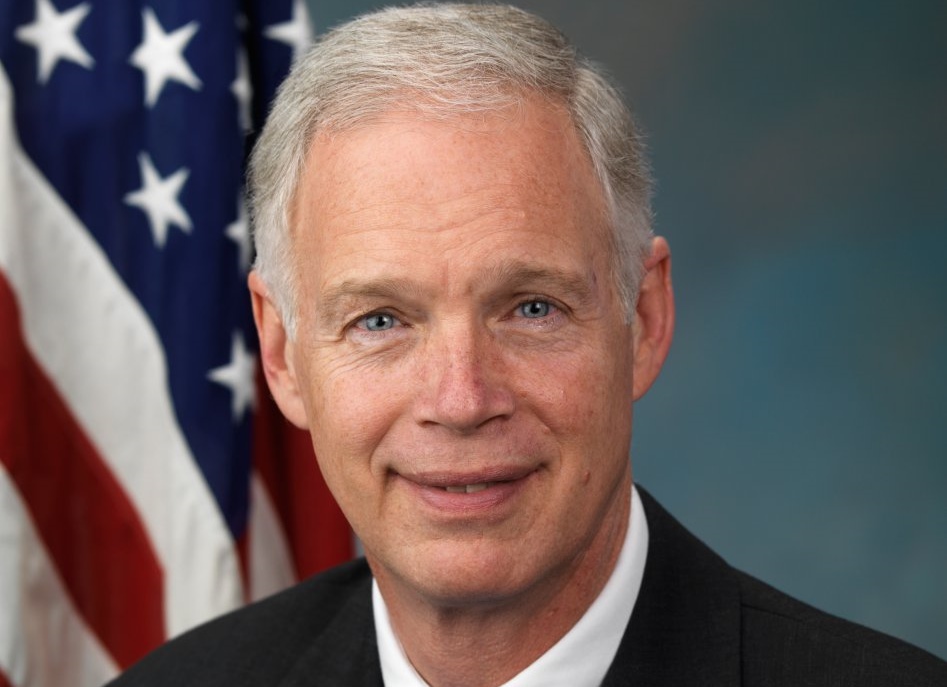Clock Ticking on Ron Johnson’s Decision
Increase in his 'unfavorable' rating looms over decision whether to run for reelection.
Republican Sen. Ron Johnson waited until May 2, 2016 — six months before the November election — to tell Wisconsin voters that he would seek a second term. That fall, Johnson got 50.2% of the vote, defeating former Democratic Sen. Russ Feingold a second time.
This election cycle, Johnson doesn’t have the luxury of waiting until next spring to say whether he will seek a third term in November 2022. With the U.S. Senate in a 50-50 partisan deadlock, and Wisconsin permanently in the pundits’ “too close to call” category, the 66-year-old Johnson must soon decide whether to seek a third term.
“I think he’s going to run and I think he’ll decide in the next few months,” U.S. Sen. Rick Scott, of Florida, head of the National Republican Senatorial Committee, added at a recent Milwaukee-area party event. Scott’s prediction was reported by the Milwaukee Journal Sentinel.
But no Wisconsin Republican has served a third term in the U.S. Senate since four-term winner Alexander Wiley, who served from 1939 to 1963. The last two-term Republican senator was Robert W. Kasten, elected in 1980 and re-elected in 1986, who lost to Feingold in 1992.
And, when Johnson first ran in 2010 as an Oshkosh business executive on a platform of repealing Obamacare and controlling the deficit, he promised to only serve two terms. Johnson has noted that Obamacare is still law and the federal deficit has ballooned to $28 trillion.
“I may not be the best candidate,” he told Milwaukee radio host Lisa Boothe in July.
The latest Marquette University (MU) Law School public opinion poll said 35% of those surveyed had a favorable opinion of Johnson and 42% had an unfavorable opinion; 23% had no opinion or refused to give one. The poll contacted 807 registered voters Aug. 3-8; its margin of error was 3.8%.
But, according to poll archives, Johnson was even less popular in the summer of 2015 — a comparable period before he won re-election one year later. The August 2015 MU poll gave him a favorable rating of 30% and an unfavorable rating of 31%; 38% said they hadn’t heard of him or refused to answer.
The most recent MU poll was conducted before a report from ProPublica, a nonprofit investigative journalism group, said Johnson pushed for a tax break in 2017 that gave hundreds of millions of dollars in tax breaks to “megadonors” to his campaigns.
Johnson denied any connection: “My support for ‘pass-through’ entities — that represent over 95% of all businesses — was guided by the necessity to keep them competitive with large publicly held ‘C-corporations’ and had nothing to do with any donor or discussions with them.”
Johnson also, in a May interview with Fox News host Laura Ingraham, insisted that the Jan. 6 Capitol assault was not an “insurrection.”
“I condemned the violence, but to say there were thousands of armed insurrectionists breaching the Capitol intent on overthrowing the government is just simply false narrative,” Johnson told Ingraham, adding: “By and large, it was peaceful protest, except for there were a number of people – basically agitators – that whipped the crowd and breached the Capitol.”
Two other Johnson positions — his vote against the $1 trillion Senate-passed infrastructure bill and comments about climate change — are attacked by Democrats.
Saying he is not a climate-change “denier,” Johnson added: “I also am not a climate change alarmist. Climate is not static. It has always changed and always will change.”
That 11 percentage point increase in the Marquette poll’s “unfavorables” – from 31% in 2015 to 42% in 2021 – complicates Johnson’s re-election decision.
Steven Walters started covering the Capitol in 1988. Contact him at stevenscotwalters@gmail.com
The State of Politics
-
RNC Brings Fame to Gen Z Party Leader
 Jul 15th, 2024 by Steven Walters
Jul 15th, 2024 by Steven Walters
-
Wisconsin’s Republican Roots Run Deep
 Jul 8th, 2024 by Steven Walters
Jul 8th, 2024 by Steven Walters
-
Feuding Supreme Court Justices Need a Break
 Jul 1st, 2024 by Steven Walters
Jul 1st, 2024 by Steven Walters























“I may not be the best candidate” says he, but he is certainly the worst Senator (tied with tuberville).